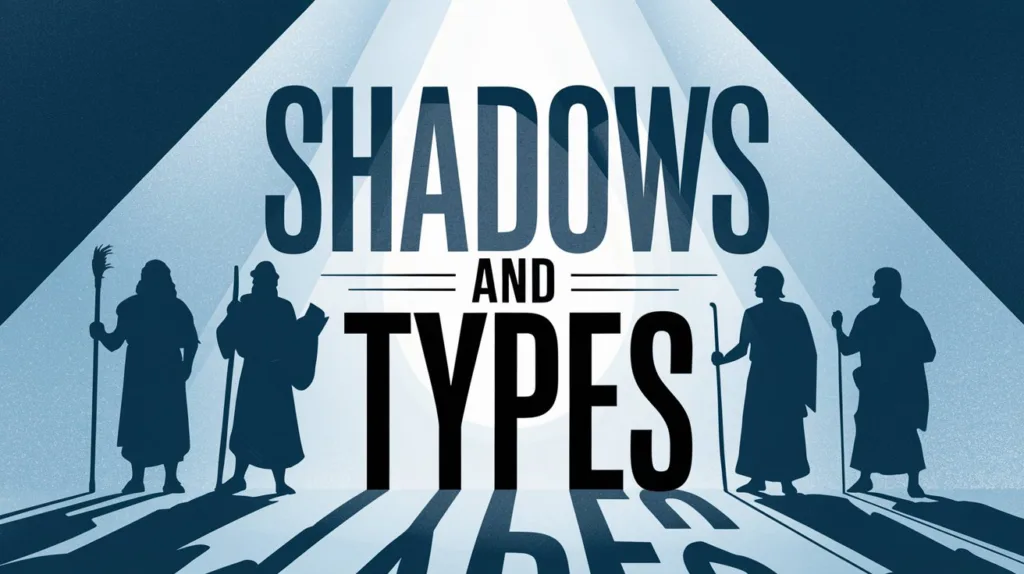The Bible does not give a direct command regarding cremation, but it overwhelmingly presents burial as the normative and honored practice among God’s people. While cremation is not explicitly condemned, it is rarely, if ever, portrayed in a favorable light in Scripture.
Throughout both the Old and New Testaments, the bodies of the dead were usually buried. From Abraham to Jesus, faithful men and women were laid to rest in graves, tombs, or caves. This pattern reflects a consistent biblical view of the body as part of God’s creation and the expectation of a bodily resurrection.
Cremation, on the other hand, is occasionally associated in Scripture with judgment or dishonor. In Amos 2:1, God rebukes Moab for burning the bones of the king of Edom to lime:
“Because he burned the bones of the king of Edom to lime…”
Burning a body was sometimes used as a punishment for extreme sin. In Joshua 7:25, Achan and his household were burned after being stoned for disobeying God’s command. However, these examples are exceptional and connected to judgment, not normal funeral practices.
Biblically, the body is not to be worshiped or preserved forever, but it is to be treated with dignity. 1 Corinthians 6:19–20 says:
“Or do you not know that your body is the temple of the Holy Spirit… therefore glorify God in your body…”
The resurrection does not depend on whether a body is buried or burned, God can raise the dead regardless. However, burial better reflects the biblical themes of sowing the body in hope and anticipating the resurrection. Paul writes in 1 Corinthians 15:43:
“It is sown in dishonor, it is raised in glory.”
Cremation is not a sin, but burial remains the more biblically modeled and symbolically appropriate practice for believers who await the resurrection of the body.





 Get the book that teaches you how to evangelize and disarm doctrines from every single major cult group today.
Get the book that teaches you how to evangelize and disarm doctrines from every single major cult group today.